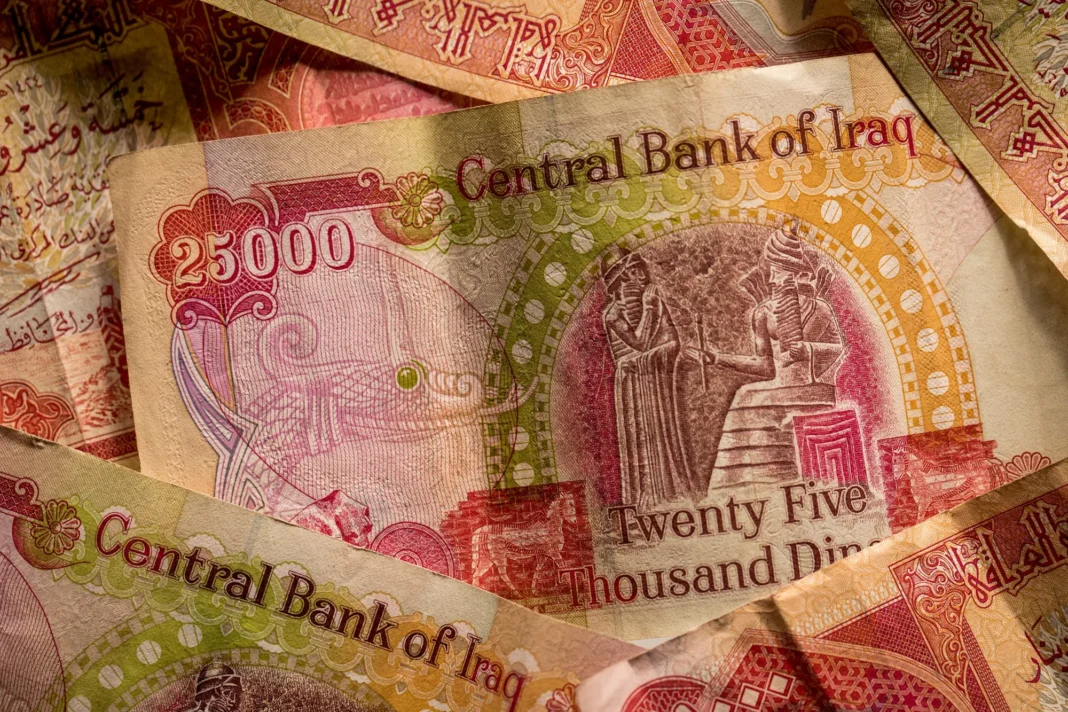Iraq’s financial discussions reached a peak recently as readers focused on key stories about the rate of the Iraqi dinar. Many people followed developments that highlighted economic policies, political influences, and currency stability in Iraq. The topic of the Iraqi dinar drew attention from both financial experts and everyday readers.
To start, several articles explored the role of the International Monetary Fund in guiding Iraq’s currency policy. Readers learned how the IMF clarified Iraq’s exchange rate arrangement and addressed economic challenges. Furthermore, this insight sparked broader debates about how international organizations influence national financial decisions.
In addition, interest grew around political statements from Donald Trump regarding the dinar. Many readers examined claims of a “great Iraqi dinar revaluation” and considered the potential impacts on Iraq’s economy. Moreover, the mix of politics and finance created lively conversations about what could happen next.
Another widely read piece tackled the growing problem of counterfeit currency. The Central Bank organized workshops to fight this issue and protect the value of the Iraqi dinar exchange rate. As a result, people became more aware of the importance of secure banking practices in Iraq.
Economic analysts offered a reality check on the dinar’s prospects six months after political changes in the United States. This review helped investors and citizens see the currency’s real position in the global market. Additionally, the analysis balanced optimism with caution.
For those seeking direct answers, Q&A features addressed the dinar’s future in light of regional tensions. These included discussions on possible revaluations following airstrikes and their potential impact on Iraq’s currency stability. This approach gave readers straightforward information during uncertain times.
Meanwhile, an article examined whether Bitcoin’s rise could boost interest in the Iraqi dinar. The combination of digital assets and traditional currency sparked interest from both cryptocurrency supporters and foreign exchange traders.
Moreover, Iraq’s decision to reduce foreign debt attracted significant attention. Many saw this as a step toward economic independence, which could strengthen the exchange rate of the Iraqi dinar. Debt reduction signaled fiscal responsibility and confidence in the country’s future.
A deep dive into dinar-related scams warned people about false promises and financial deception. By exposing these scams, the article encouraged caution among potential investors.
Overall, the Iraqi dinar exchange rate remains a topic that connects international finance with Iraq’s national priorities.





